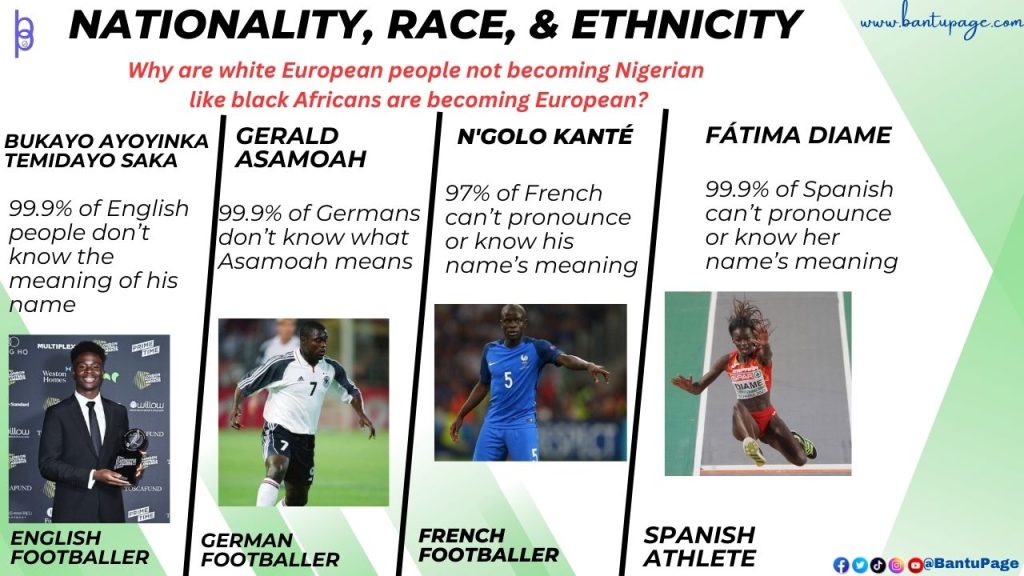
Nationality, Race, and Ethnicity
Even as objectively fair and ethically rich as William Wilberforce was, if someone had told him that a person called Rishi Sunak, Sadiq Aman Khan, or Bukayo Ayoyinka Temidayo Saka would be considered Englishmen, and even Prime Minister, Mayor, or feature in an English national team. He would think that was a delusion. Why?
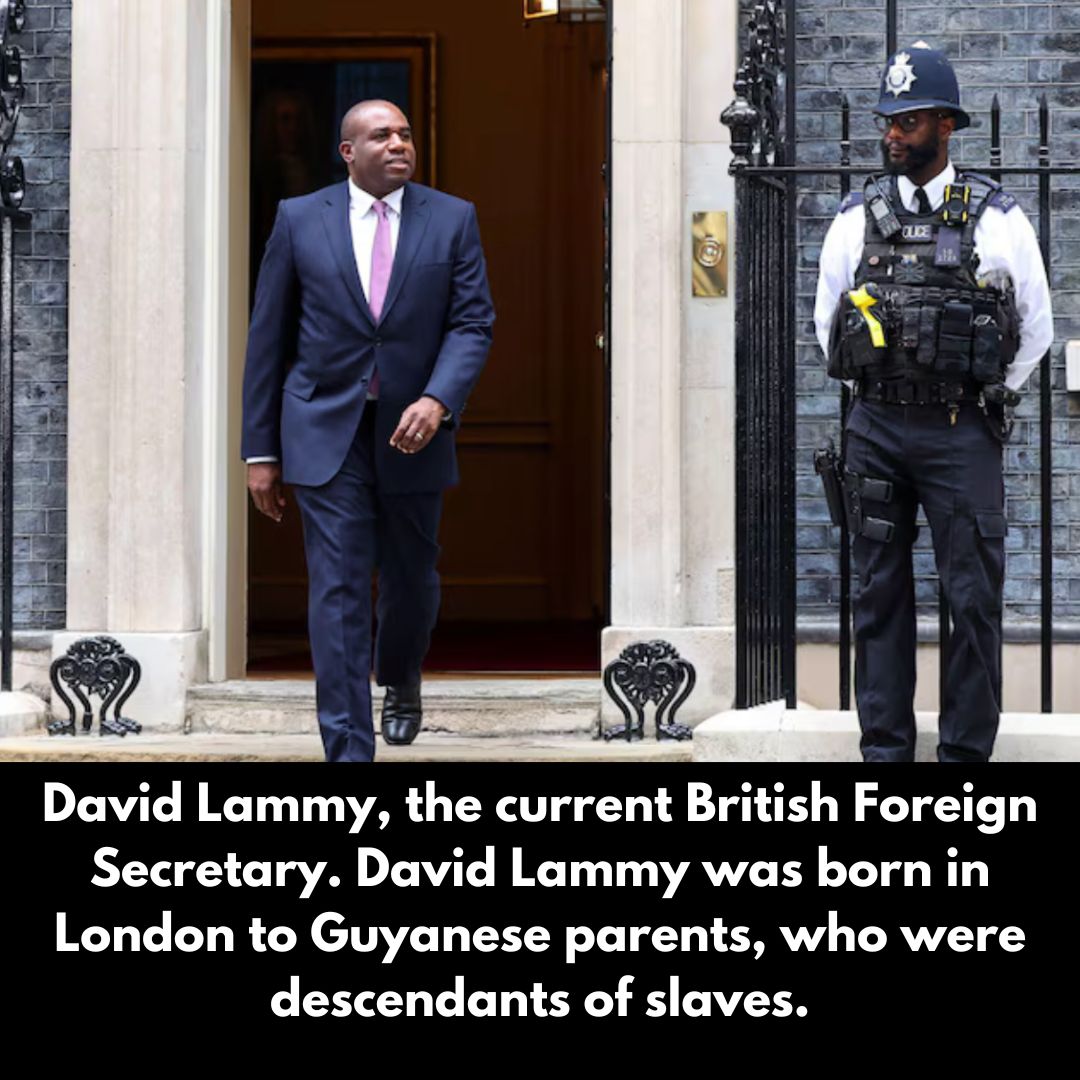
Because they understood that a country was a nation, and a nation is bound by people who share a common ancestry, history, language, culture, and tradition. The 21st century has redefined nationality, race, and ethnicity. An 18th-century scholar would put those three under a synonymous category, but a 21st-century scholar would beg to differ. It is good that our world is becoming ever closer, and we are integrating, intermarrying, and interlearning our various languages. However, this should come at the expense of our racial, ethnic, and linguistic identity. It should, instead, uphold them.
Europe has two-tier citizens and multitudes of cultures, traditions, and languages. Third-generation non-indigenous citizens are growing faster than the system can handle in countries like France and the United Kingdom. They pledge allegiance to countries and nations they have never been to. Most Pakistani British people consider themselves Pakistani Muslim first, Pakistani second, and British third. The same is true in France, Sweden, the Netherlands, Spain, Portugal, Belgium, and many others. Communities are being grouped by racial or ethnic mutuality. The Indian community, Bangladeshi and Pakistani, West African, Central African, Chinese, and Indigenous English ones. A nation does not function like this. People who consider themselves one nation should build bridges, not islands, within their communities.
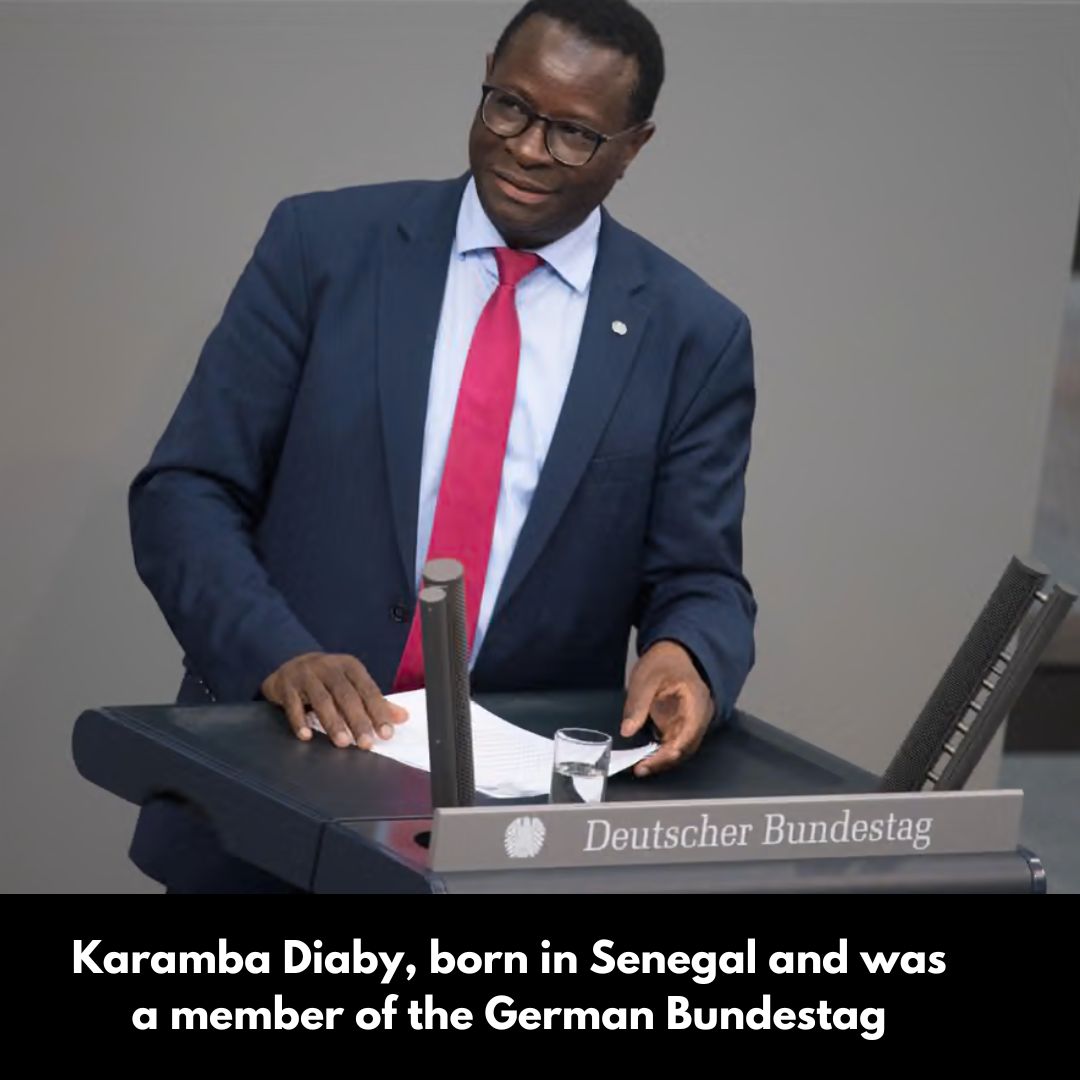
Why is This Happening?
You cannot change your race, just as you cannot change your sex. The concept of countries was born out of nationhood. A nation is a large group of people living in a specific country or territory united by common descent, history, culture, or language. A Pakistani whose allegiance is to Muhammad or Pakistan, a Nigerian whose allegiance is Jesus/Muhammad or their various ethnicities like Yoruba/Igbo/Bini/Nigeria, and finally, an Indigenous English/Scottish/French/German whose allegiance is to the nation, its constitution. Do you see the disparity in their respective worldviews? Multiculturalism does not drive racial cohesion. Accepting the fundamental differences in people’s racial and cultural diversity and applying such differences in the law can be more effective than trying to assimilate those who are inherently different. The core structures of the indigenous European worldview, culture, and tradition significantly diverge from those of Nigerians, Africans, Middle Easterners, and South Asians.
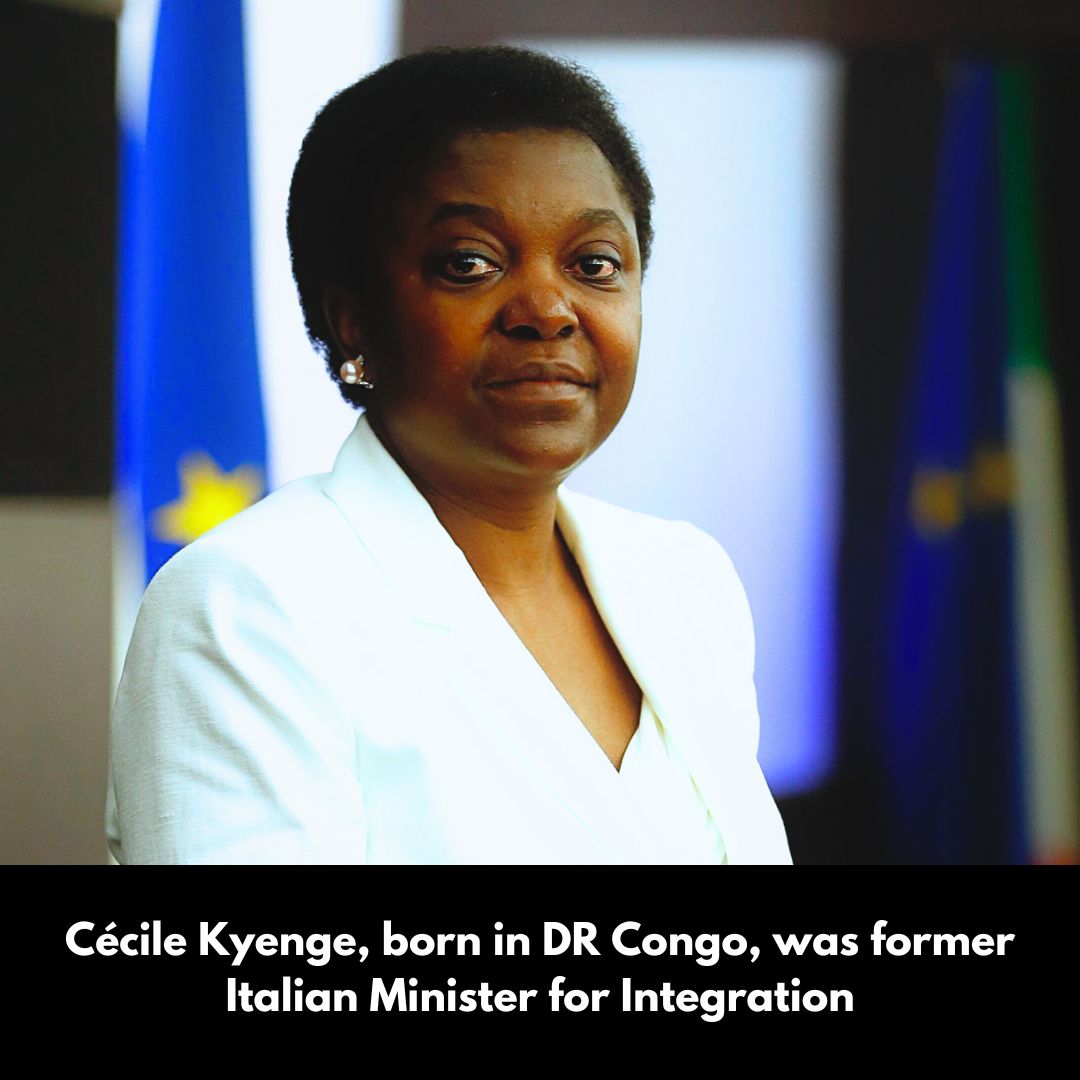
Europe is witnessing a surge in anti-immigration sentiment. In the 1960s, 70s, and 80s, indigenous Europeans overlooked the trend because their numbers were meagre, and the black Africans, Middle Easterners, and Asians who came to Europe at the time knew and acknowledged they were not Europeans. That was clear. They accepted they were foreigners living in Europe. Then, slowly, their numbers grew, and liberalism engulfed Europe. The offspring of those who knew they were foreigners now want more. They inherited their host countries’ languages and cultural features. This is the norm when born or raised in a particular place.
The Rise of Multiculturalism
Europeans are tolerant and vastly welcoming. As Europe prospered, the number of non-European immigrants soared. To integrate the changes in developing racial diversity, Europe passed laws designed to assimilate without considering race, ethnicity, and nationality complexities. The Europeans wanted to look fair and balanced. After all, they went around the world preaching human rights and equality. How, then, can they mistreat non-white people in their countries when they are busy preaching human rights fantasies around the world?
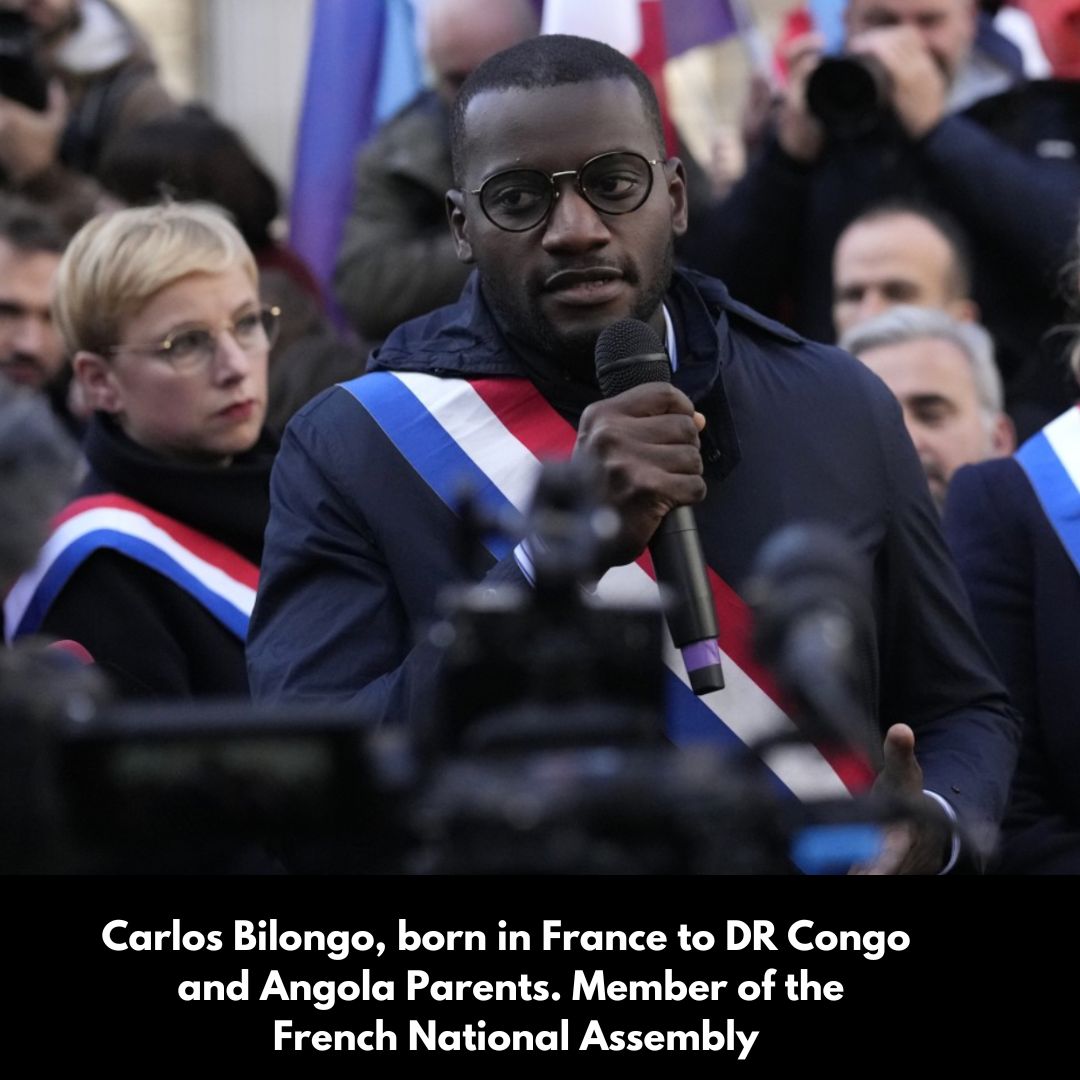
The new generation of multicultural Europeans gained confidence as their numbers increased. This time, they not only wanted to be citizens with equal rights, but they also wanted their ethnic identities, religion, and cultural practices accepted. The Europeans could no longer reverse their course. Assimilation and multiculturalism were at odds. A nation can only be united when people share similar worldviews, cultures, traditions, languages, and histories. The new Europeans did not share indigenous European ideals. A two-tier citizen category was born. Europe has seen a surge in right-wing parties sweeping across the continent.
The Resurgence of Indigenous European
As Europeans started seeing more and more people who looked nothing like them representing their various countries in sports, politics, and other areas, it threatened their existence. Although they may not publicly express it, most indigenous Europeans prefer to have their kind represent them. Individuals named Bukayo Saka, N’gola Kante, Gerald Asamoah, and Fátima Diame, considered English, French, German, and Spanish, made little sense in the closet. The fear of being labelled as racist, coupled with the accompanying punishment, has pushed indigenous Europeans to the verge of exploding. They seethe and suffer in silence. The liberal left pushed the silent majority to the brink of collapse. They were redefining everything—from sex to language and race to nationality. Indeed, expressing a desire for people of your kind to inhabit your nation cannot be considered racist. It cannot be racist to say no to multiculturalism. If it is not racist for a Japanese or Korean to say we want to maintain and retain our culture, language, and ethnicity, it sure should not be racist when a European says the same. Why, then, are Indigenous Europeans stigmatised when they do so?
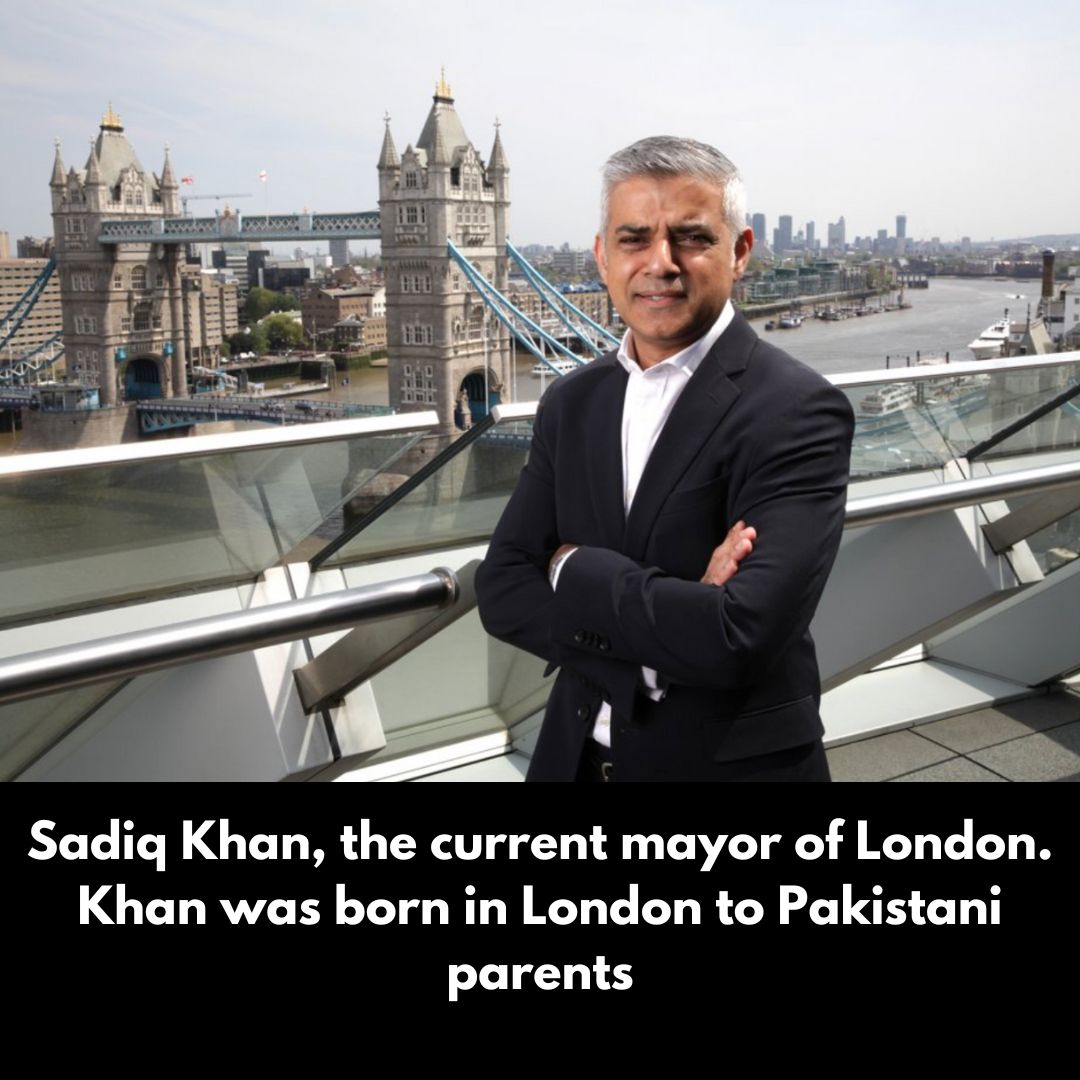
Indigenous Europeans, tired of being labelled as racists, are pushing back against immigration in Europe. Countries like Denmark, Sweden, the Netherlands, and the UK have gone to lengths to reform the ease of acquiring citizenship. The transformation of their streets is a frightening sight. Sweden was one of the countries that championed liberalism, multiculturalism, and diversity. It, too, has gone rogue. Sweden offers the highest award of any developed country to any immigrant who wants to return. It can no longer accept uncontrolled immigration. I excluded North and South America from my examples due to their distinctiveness from traditional, organic nations. Europeans migrated across these regions and established distinct European identities in those countries. Immigration underpinned the US, Canada, Brazil, and other countries in the Americas. Still, even Americans have had enough of it.
Conclusion
Since time immemorial, immigration has been part of the human lifestyle. We move around, searching for food and water. In some places, we settle; in others, we sojourn. Most people, if not all, have migrated from one place to another at some point in history. People have established permanent abodes over the last few centuries, dating back to a millennium in some countries. Such establishments were based on race, ethnicity, language, culture, and tradition. A tenth-century Russian knew nothing about a passport but still identified as Russian. His identity was backed by his race, language, ethnicity, culture, and tradition. To try and completely separate race, ethnicity, language, culture, and tradition from countries is like telling a man they can become a woman by simply having surgery, putting on make-up, and wearing skirts.
By Ikechukwu ORJI





